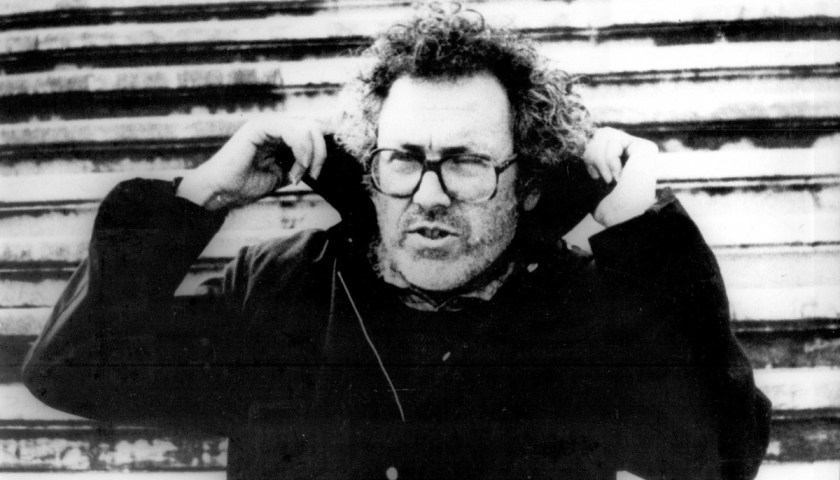Grupo Coral de Cantares de Portel "Verão"
1. Grupo Coral de Cantares de Portel "Verão" (Summer)
The words are about working in the hot sun.
This singing style is characteristic of the vast scorched Alentejo agricultural region south of Lisbon. It typically counterposes two lone male voices to a larger male choir singing in unison. Cante Alentejano is usually sung without instrumental accompaniment, or with minimal accompaniment: perhaps from the local version of the acoustic guitar, the viola Campaniça, or the accordion, that 19th century instrument that has made its way into folk music around the world because it is portable, relatively cheap and loud.
Cante Alentejano is at root a popular music performed mostly by amateurs. As with many folk styles, tunes tend to fairly simple, and repeat with variations. The emphasis is on the voices, and the interaction between them. But some innovation has crept in, professional and semi-professional groups have formed, and Cante Alentejano has also inspired singers and composers from outside the genre.
Perhaps the most famous song inspired by the style is Zeca Afonso's Grândola, vila morena. It's relationship to Cante is discussed in Grândola in context below.
In the songs listed here we start at the more traditional-sounding end of the spectrum, then move increasing into more modified and professional territory.
Os Vocalistas "Não te Faças Coradinha"
2. Os Vocalistas "Não te Faças Coradinha" (Don't play at blushing)
Rancho de Cantadores de Vila Nova de São Bento "O meu chapéu"
3. Rancho de Cantadores de Vila Nova de São Bento "O meu chapéu" (My hat)
What's happening
